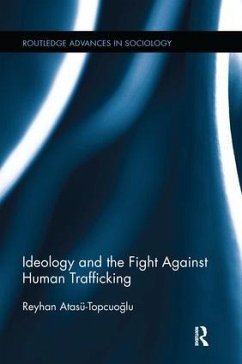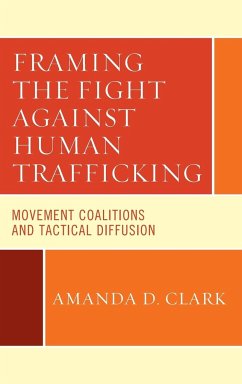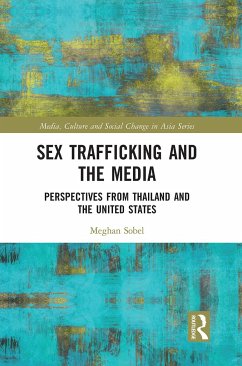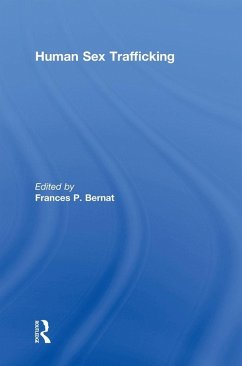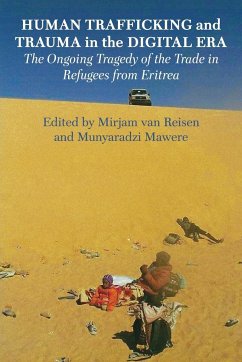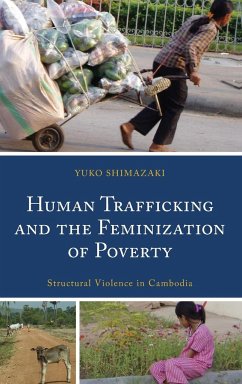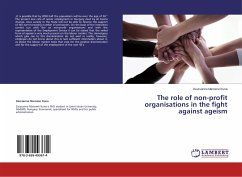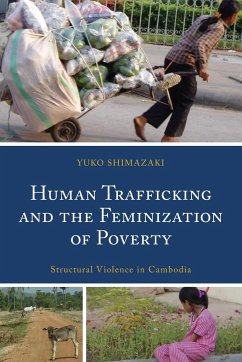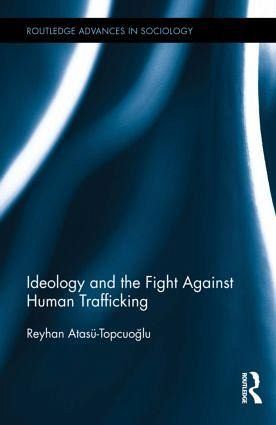
Ideology and the Fight Against Human Trafficking
Versandkostenfrei!
Versandfertig in 1-2 Wochen
177,99 €
inkl. MwSt.
Weitere Ausgaben:

PAYBACK Punkte
89 °P sammeln!
Human trafficking has become one of the most spoken-of problems of our day, and fighting it has grown into a multi-million-dollar project sector. This book is about how we all come to name various exploitative migratory experiences "human trafficking," and how we build a consensus on how to counter it.




